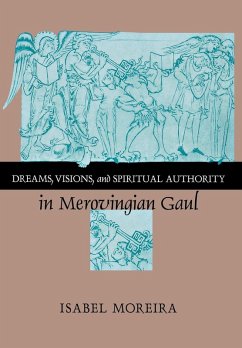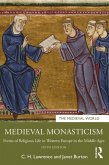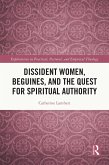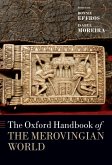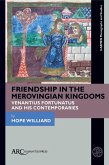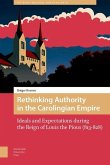In early medieval Europe, dreams and visions were believed to reveal divine information about Christian life and the hereafter. No consensus existed, however, as to whether all Christians, or only a spiritual elite, were entitled to have a relationship of this sort with the supernatural. Drawing on a rich variety of sources-histories, hagiographies, ascetic literature, and records of dreams at saints' shrines-Isabel Moreira provides insight into a society struggling to understand and negotiate its religious visions.
Moreira analyzes changing attitudes toward dreams and visionary experiences beginning in late antiquity, when the church hierarchy considered lay dreamers a threat to its claims of spiritual authority. Moreira describes how, over the course of the Merovingian period, the clergy came to accept the visions of ordinary folk-peasants, women, and children-as authentic.
Dream literature and accounts of visionary experiences infiltrated all aspects of medieval culture by the eighth century, and the dreams of ordinary Christians became central to the clergy's pastoral concerns. Written in clear and inviting prose, this book enables readers to understand how the clerics of Merovingian Gaul allowed a Christian culture of dreaming to develop and flourish without compromising the religious orthodoxy of the community or the primacy of their own authority.
Moreira analyzes changing attitudes toward dreams and visionary experiences beginning in late antiquity, when the church hierarchy considered lay dreamers a threat to its claims of spiritual authority. Moreira describes how, over the course of the Merovingian period, the clergy came to accept the visions of ordinary folk-peasants, women, and children-as authentic.
Dream literature and accounts of visionary experiences infiltrated all aspects of medieval culture by the eighth century, and the dreams of ordinary Christians became central to the clergy's pastoral concerns. Written in clear and inviting prose, this book enables readers to understand how the clerics of Merovingian Gaul allowed a Christian culture of dreaming to develop and flourish without compromising the religious orthodoxy of the community or the primacy of their own authority.
Dieser Download kann aus rechtlichen Gründen nur mit Rechnungsadresse in A, D ausgeliefert werden.

